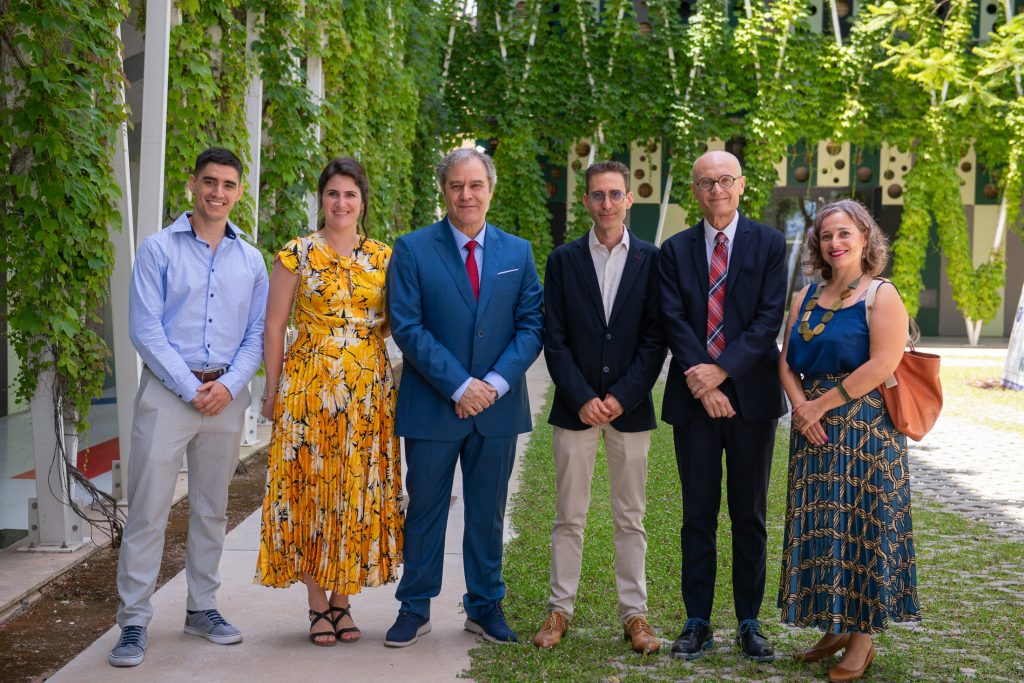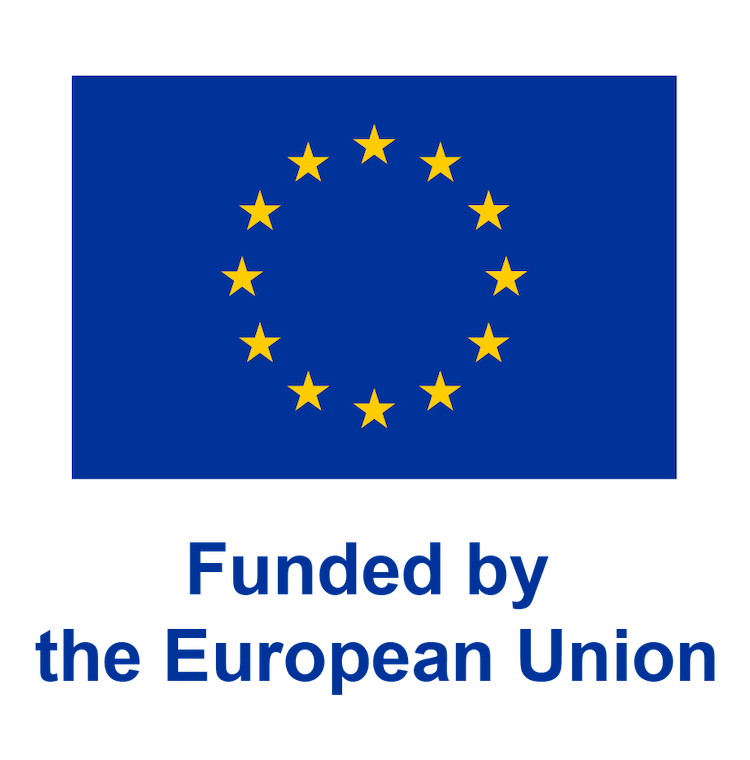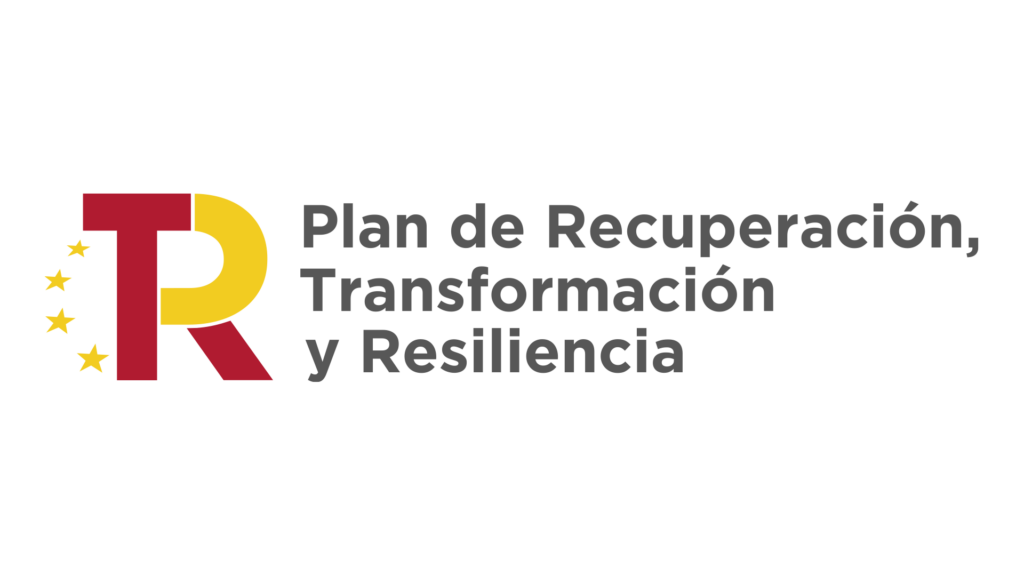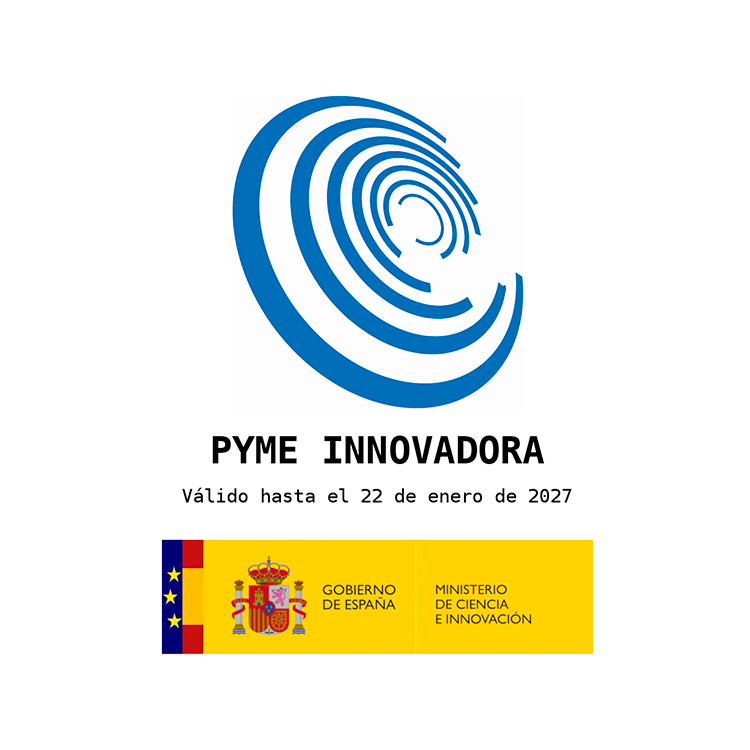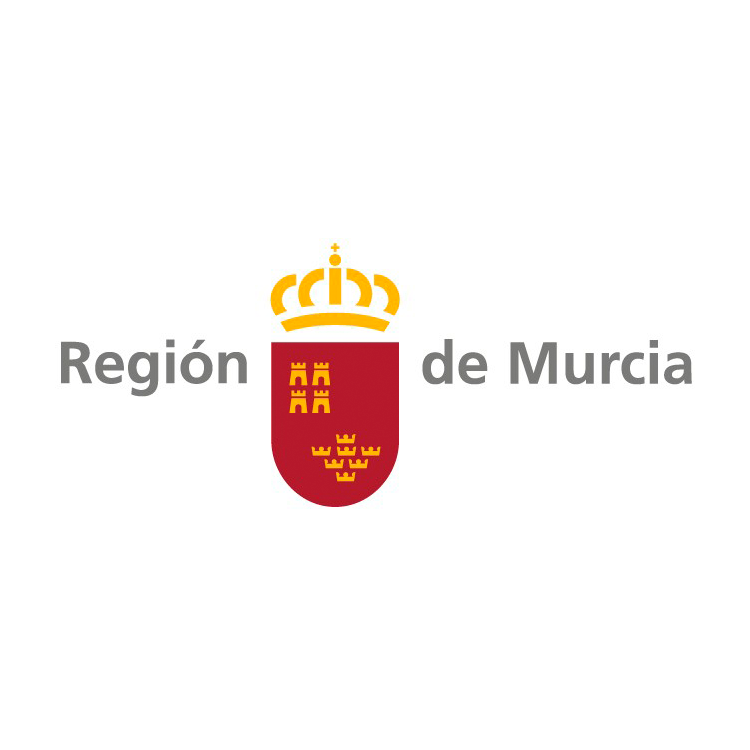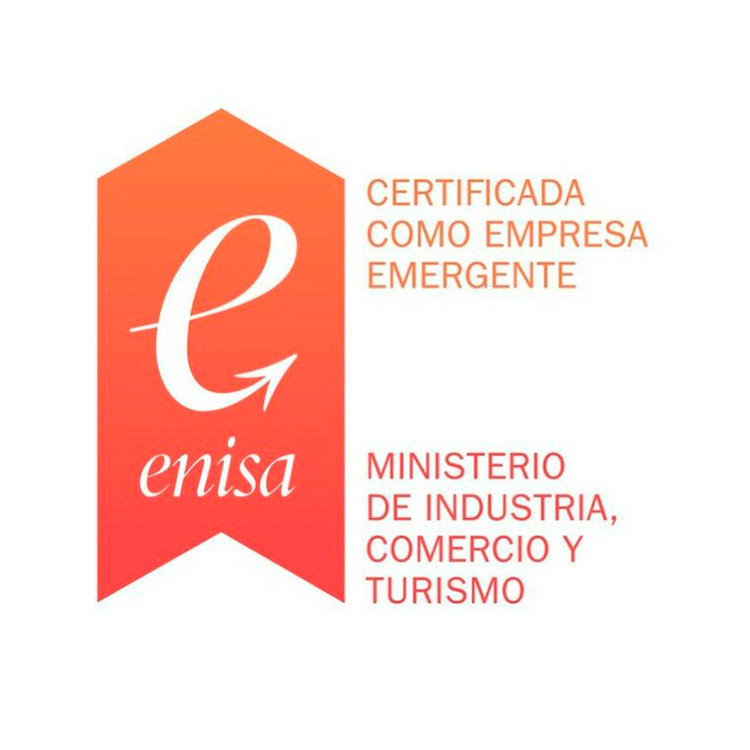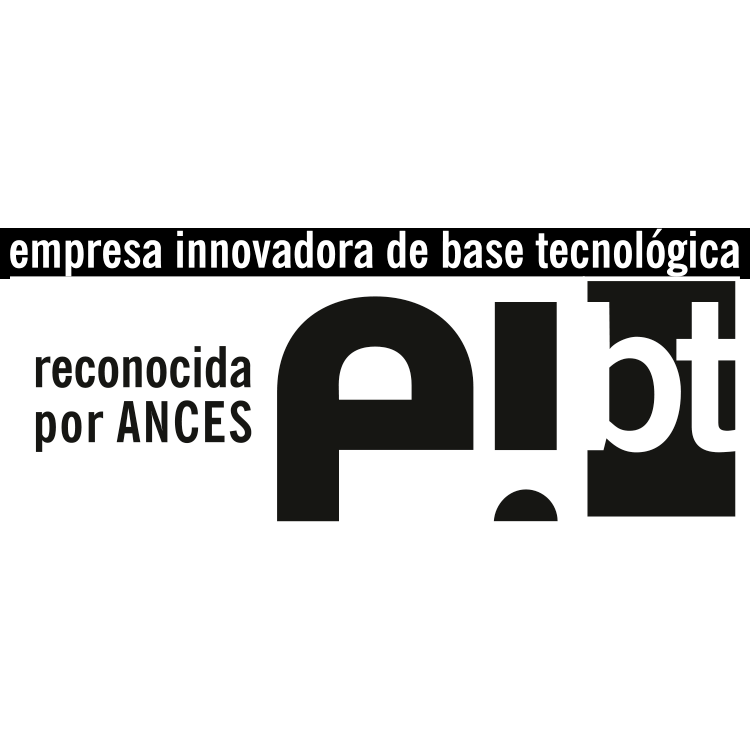In less than 3 years, the Spanish biotech company has attracted the confidence of investors and international medical institutions to complete the development of its Viva Sepscare® prototype for the rapid detection and stratification of patients with sepsis. The company intends to soon extend its clinical validation to other fields such as multiple sclerosis and other ailments.
The company, located in the Murcia Science Park, continues with its business plan to address its three priorities: the development of the alpha prototype, the extension of clinical validation and progress in the regulatory process, which will allow it to begin commercial prospecting, mainly with pharmaceutical companies, as well as the internationalization of the company.
Madrid / Murcia, Julio 2024. Immunological medicine is key to fighting some of the most dangerous and lethal diseases for humans, with billions of euros invested by pharmaceutical companies in trying to offer solutions to private and public healthcare systems around the world. The Spanish biotech company, Viva in Vitro, has entered the race to provide an answer to this challenge. Thanks to the results of its research into NLRP3, the “fashionable” molecular complex, it has once again managed to attract the confidence of investors, with more than 1.3 million euros closed in its third consecutive round, completed in July 2024.
In this way, the company led by Toni Vilaplana has already raised more than 3.2 million euros in financing in less than 36 months, combining private investment (2.6 million euros) and the support of public administrations (six hundred thousand euros in grants). The team is already working on accessing support from European institutions. Its priorities include expanding the clinical validation of its solutions and bringing its Viva Sepscare® device to the market.
From a Murcian startup to an international biotech company
For Joaquín Gómez Moya, CEO, “this round marks an important milestone in our plan to consolidate a stable core of shareholders with significant weight in the capital, who value our track record and market potential”. To which he adds: “We are entering a new stage where recent technical advances place us in a product engineering scenario, with a different risk profile than in the previous stage of technological development, and we are implementing improvements in governance both to support our growth and to adopt internal control practices typical of mature companies”.
Viva In Vitro is considered one of the most promising companies in the booming biotechnology and medical device cluster that has emerged in the Region of Murcia, as evidenced by the entry in this third investment round of Murcia Emprende, the venture capital company of the Instituto de Fomento de la Región de Murcia, with the participation of leading national banking entities in the market.
Selected investors and family offices linked to the entrepreneurial ecosystem of Murcia and Alicante have joined this vehicle, including Rafael Crespo, who will become a member of its Board of Directors, as well as Enrique Riquelme and Guillermo Forner, who together with Murcia Emprende will join a newly created Advisory Board. They have been joined by qualified investors such as Antonio Ruiz Ballesta, Fran Rodríguez and Antonio Soria.
From a corporate perspective, the company’s main milestone has been the establishment of governance tailored to the company’s vision. The new Board of Directors is made up of Joaquín Gómez Moya, Toni Vilaplana and Rafael Crespo.
Evolution towards personalized medicine
Dr. Pablo Pelegrín, founder of the company, coordinator of the International Scientific Advisory Committee of Viva In Vitro and one of the ten most renowned scientists worldwide in inflammasomics, states: “we have achieved milestones of worldwide relevance with the degree of development achieved in the device for detecting the level of activation of these biomarkers on which to base new advances in precision or personalized medicine”.
The company intends to extend its clinical validation to other fields such as multiple sclerosis and other ailments in the near future; Meanwhile, Viva in Vitro’s work has led it to become a pioneer in the field of sepsis control, where its cutting-edge scientific research team in the areas of molecular biology and biomedical engineering has enabled it to develop more accurate and user-friendly techniques to determine the immune status of patients, The company’s research focused on inflammatory diseases, including the detection of NLRP3 inflammasome activation and the immune system’s response to sepsis, crucial for patient stratification, assisting the medical team in prescribing the most effective treatment more quickly, and moving towards personalized medicine that saves lives and reduces the enormous hospital costs of treating these conditions, which can result in an average of more than 40 days in the ICU.
Research focused on NLRP3-related inflammatory diseases is attracting the interest of leading corporations with numerous projects focusing on this market in the last 5 years. In the field of sepsis alone, more than 11 million people die each year in the Western world, with more than 55 million people affected. 1 in 5 people die, while in the European Union alone it costs more than 17 billion euros in treatments that last for weeks in hospitals. Thanks to its Viva Sepscare®, it hopes to contribute to reducing hospital mortality from this disease by between 25% and 45%, where the key is prognosis (negative evolution prognosis) and patient stratification.
